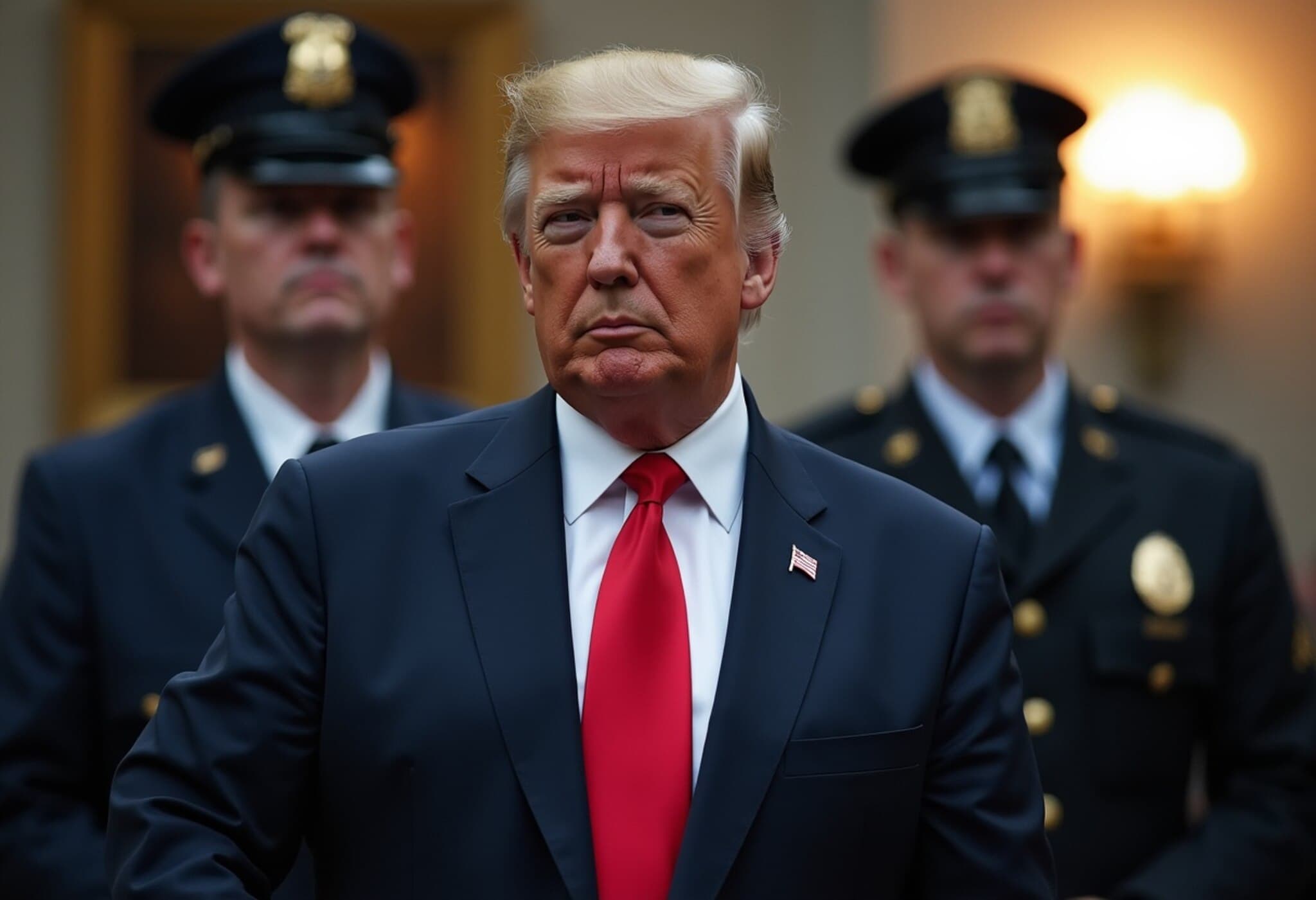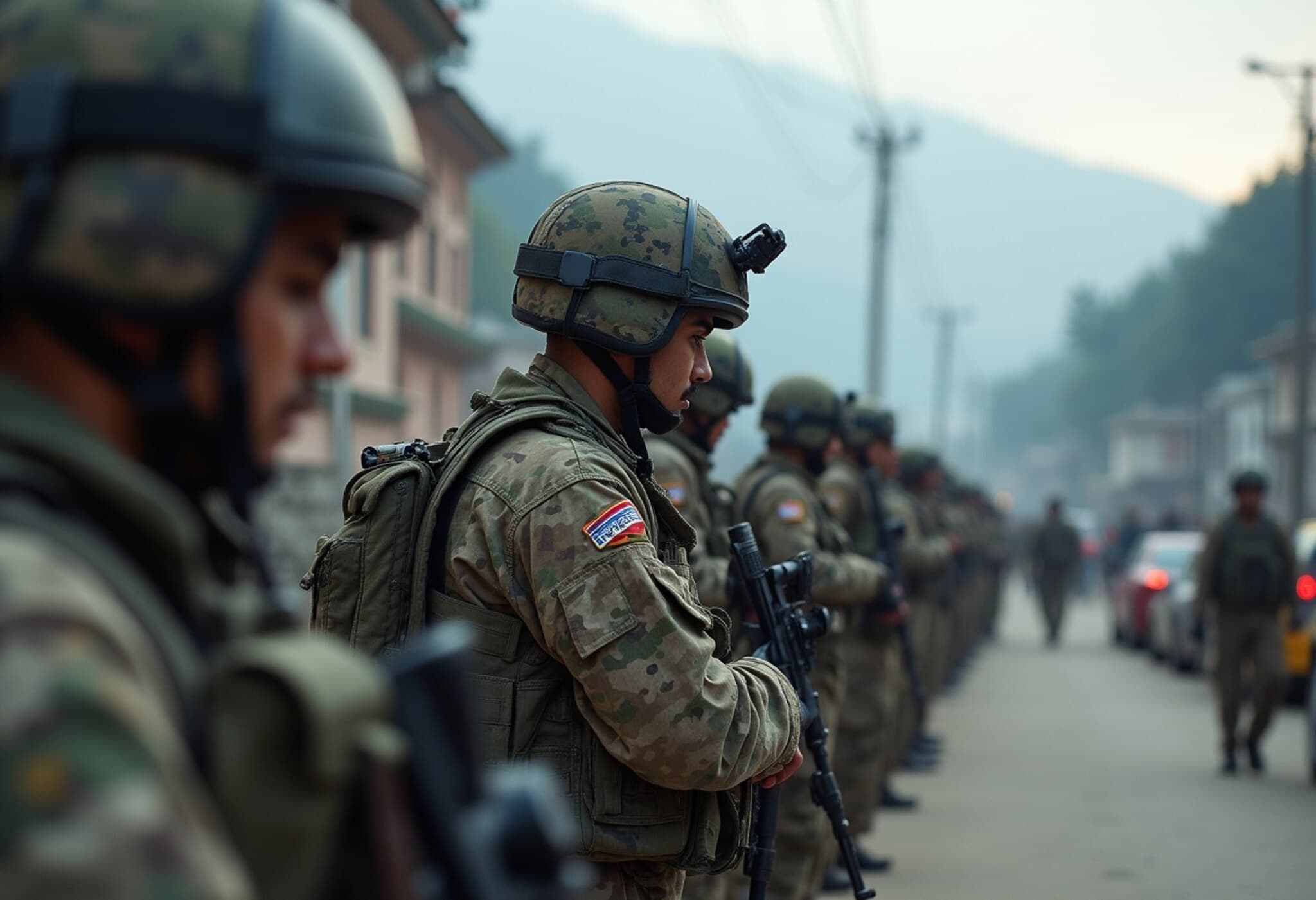Delhi Police Arrest Key Babbar Khalsa Operative in Punjab Police Station RPG Attack
In a significant breakthrough in counter-terrorism efforts, Delhi Police have apprehended Karanvir Singh, a 41-year-old man associated with the banned terrorist organization Babbar Khalsa International (BKI). Singh was arrested in Delhi for his alleged involvement in a rocket-propelled grenade (RPG) assault on a police station in Punjab earlier this year.
Details of the Attack and Arrest
The incident in question occurred on April 7, 2025, when unidentified assailants launched an RPG attack on the Qila Lal Singh Wala police station located in Batala district, Punjab. Karanvir Singh, a native of Kapurthala, was among those suspected to have orchestrated or participated in the assault. Following the attack, authorities believed he had fled to Pakistan, evading Indian law enforcement.
However, law enforcement agencies tracked Singh to Delhi, where he was subsequently arrested. The arrest was facilitated by the Delhi Police’s Special Cell, a unit specializing in counter-terrorism investigations.
Legal Charges and International Actions
Back in 2023, at India's behest, Interpol issued a Red Corner Notice for Karanvir Singh, marking him internationally wanted. Upon capture, Singh is facing an array of grave charges including:
- Murder
- Criminal conspiracy
- Fundraising for terrorist activities
- Violations under the Arms Act
- Offenses under the Explosive Substances Act
These charges highlight not only Singh’s operational role in the attack but also his involvement in broader terror-financing and arms violations.
Context: Babbar Khalsa’s Renewed Threat
Babbar Khalsa International has long been a banned militant outfit advocating for a separate Sikh state, often employing violent tactics. In recent months, intelligence agencies have recorded increased BKI activity, including targeting police and state infrastructure.
The arrest of Karanvir Singh follows the detainment of another BKI affiliate, Akashdeep Singh alias Baaz, seized on July 22 in Indore. Baaz, a resident of Amritsar, was taken into custody under the Arms Act for allegedly providing logistical support to the perpetrators despite having no prior criminal record. These arrests underscore a worrying resurgence of BKI’s operational network beyond Punjab, spreading into national urban centers.
Authorities Respond and Next Steps
Amit Kaushik, Deputy Commissioner of Police (Special Cell), confirmed the arrests, stating that Babbar Khalsa had openly claimed responsibility for the Batala police station attack and issued threats for similar strikes in Delhi. Such threats amplify concerns about urban terror incidents in major Indian metropolises.
Given the complexity and severity of the case, investigations have been transferred to the National Investigation Agency (NIA), the central counter-terrorism law enforcement body, to conduct a detailed inquiry and dismantle remaining terror networks linked to BKI.
Expert Commentary: National Security Implications
The arrest of Karanvir Singh is a critical victory in India's ongoing fight against extremist violence, particularly in sensitive border states like Punjab that have historically faced insurgent threats. The rapid escalation from rural attacks to potential urban terror events necessitates enhanced intelligence coordination between state and central agencies.
Moreover, BKI’s cross-border dimensions, with operatives allegedly fleeing to or operating from Pakistan, add complexity to India-Pakistan relations and counter-terrorism diplomacy. This development underscores the imperative of collaboration among international agencies such as Interpol and regional partners to track and neutralize transnational terror actors.
What This Means for the Public
- Heightened vigilance is expected in Delhi and Punjab as authorities monitor possible retaliatory terror activities.
- Communities are encouraged to report suspicious activities promptly to law enforcement.
- The government’s proactive approach and successful operations signal robust national security mechanisms at work.
Editor's Note
The arrest of Karanvir Singh shines a spotlight on the persistent challenges India faces from banned militant groups like Babbar Khalsa International. It raises pivotal questions about the ongoing cross-border terror facilitation and the robustness of India's intelligence-sharing frameworks. As Indian security agencies grapple with evolving terror threats, the role of community engagement and international cooperation remains more critical than ever.


















